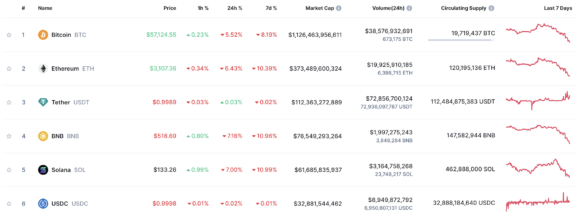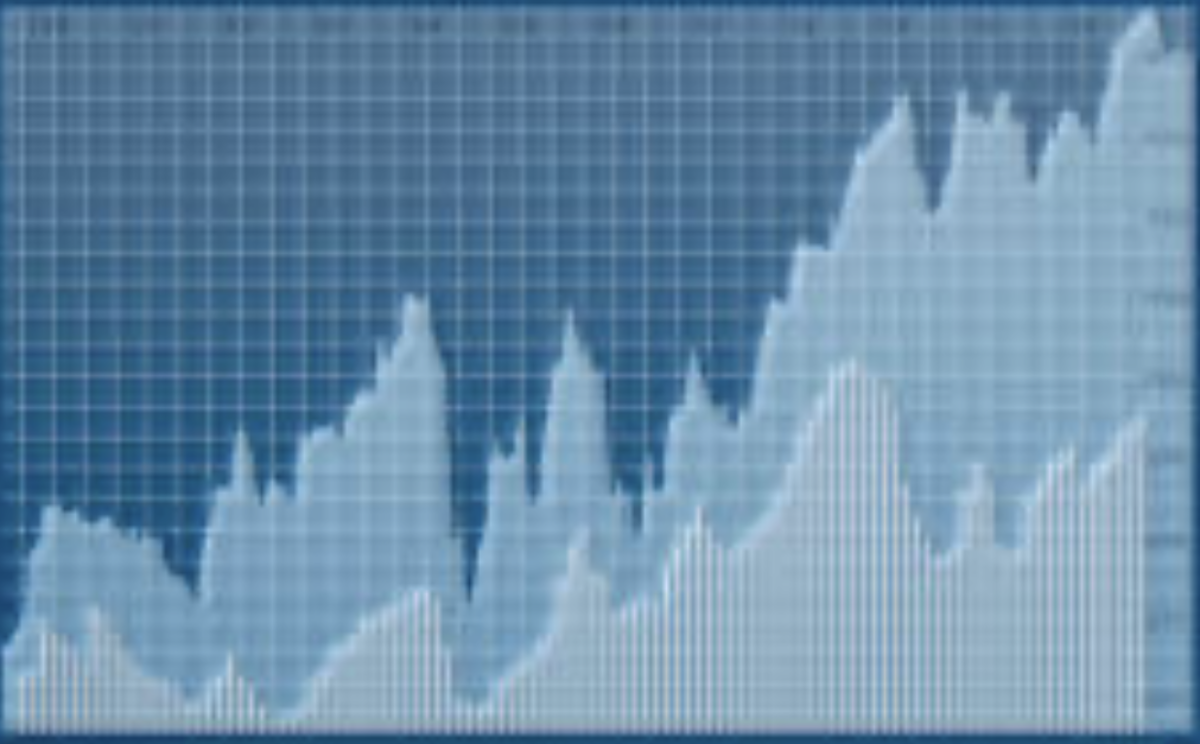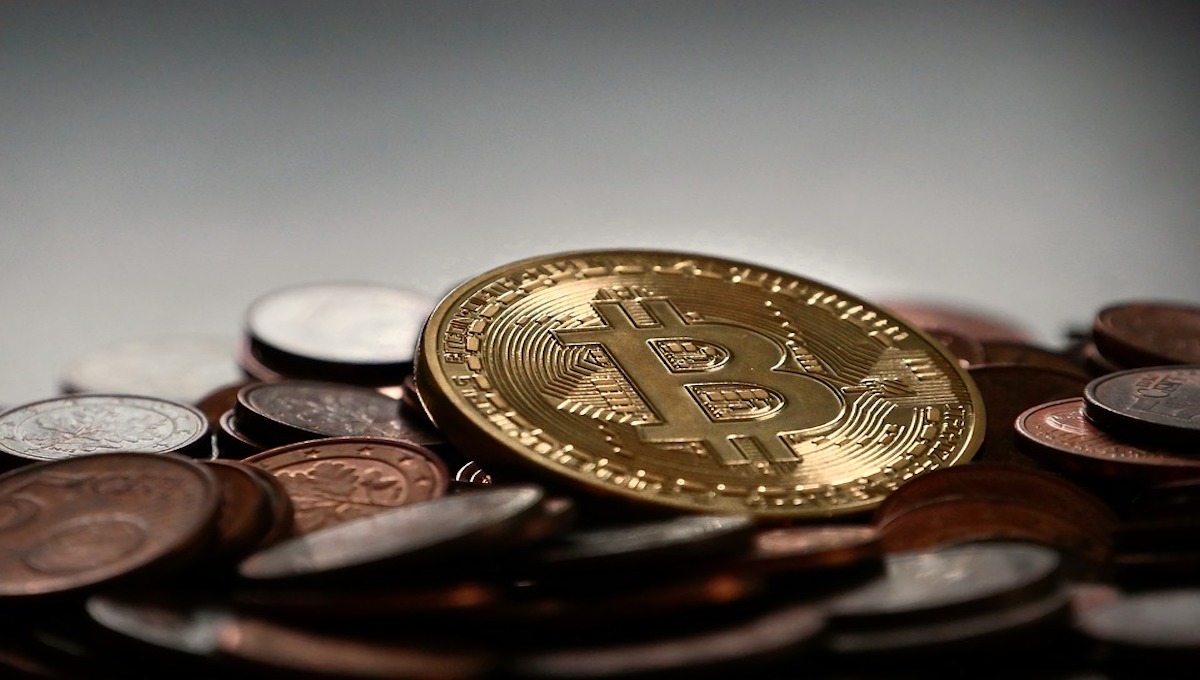In recent news, the Central Bank of Bolivia, Banco Central de Bolivia, has lifted its ban on Bitcoin and cryptocurrencies, marking a significant step towards modernizing its payment systems. This move allows financial entities to engage in transactions involving digital assets, reflecting a growing trend among several Latin American countries grappling with economic crises and rising inflation. Cryptocurrencies have emerged as a popular alternative economic model amidst these challenges.
Another noteworthy development is the impending repayment by Mt. Gox to creditors scheduled for July 2024. Creditors are set to receive 142,000 BTC valued at approximately $9 billion. There are concerns, however, that some creditors may opt to sell their Bitcoin holdings upon receipt. Analysts at JPMorgan predict that if significant selling pressure materializes in July, the market could stabilize and recover by August.
On the technological front, Runes, a new standard token on the Bitcoin blockchain, has experienced a notable decline in daily transaction volumes. Data from Dune Analytics via Crypto Koryo shows that average daily transactions of Rune dropped by over 88% from their peak in June. Specifically, from June 22-28, the daily average stood at 37,820 transactions, reflecting a steep decline from the earlier peak of 331,040 daily transactions recorded from June 9-15.
These developments underscore the dynamic nature of the cryptocurrency market, where regulatory changes, institutional actions like repayments, and technological shifts all contribute to shaping its landscape. As Bitcoin and other cryptocurrencies continue to evolve, staying informed about these fundamental aspects is crucial for understanding their broader implications on global finance and digital economies.




